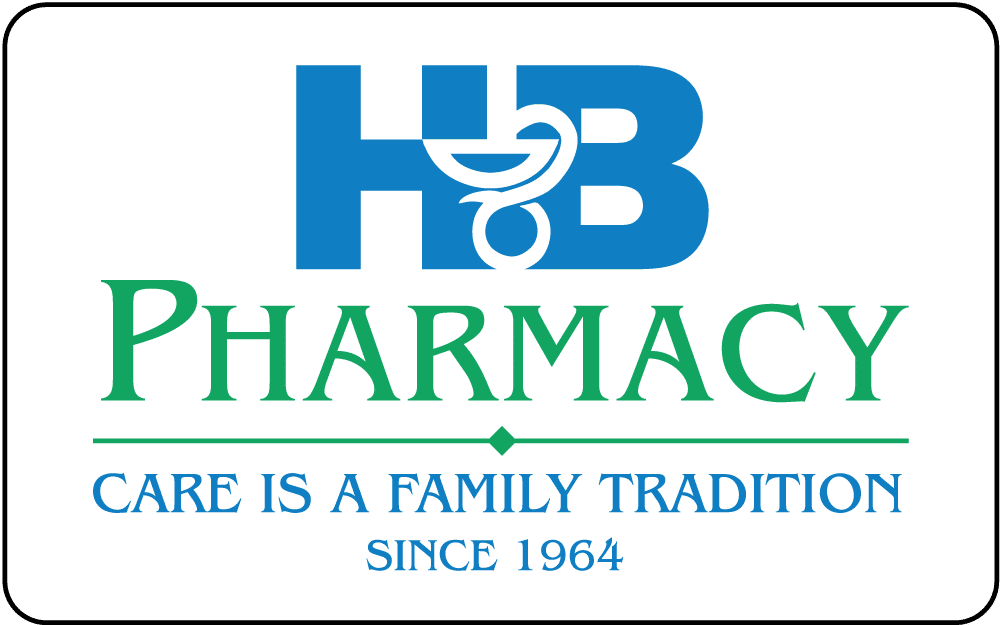Acid reflux occurs when the contents from your stomach come back up into your esophagus. This can happen more than twice a week, and it might be because you have gastroesophageal reflux disease (GERD).
Approximately 20% of Americans experience GERD, which can have a range of painful symptoms. According to the NIDDK, if left untreated it has the potential to cause severe problems.
GERD symptoms
The main symptom of GERD is acid reflux, which gives you a burning feeling in your chest. This may move up into your neck and throat, causing heartburn. If you have acid reflux, you might also get a sour or bitter taste at the back of mouth or regurgitation of food/liquid from stomach to mouth.
Some other symptoms of GERD include:
- nausea
- chest pain
- pain when swallowing
- difficulty swallowing
- chronic cough
- a hoarse voice
- bad breath
GERD treatment options
To reduce GERD symptoms, your doctor will likely recommend some lifestyle changes, such as:
- maintaining a moderate weight, if applicable
- quitting smoking, if you smoke
- avoiding big, heavy meals in the evening
- waiting a few hours after eating to lie down
- elevating your head during sleep (by raising the head of your bed 6-8 inches)
Medication
Although the medications below can be taken without a prescription, they may also cause some side effects. Ask your doctor which one would work best for you.
Antacids
Tums and other antacids are generally intended for treating only mild and infrequent heartburn or acid reflux. However, if you find that you need them frequently, it might be time to get a stronger medication from your doctor.
H2 receptor blockers
Acid reducers, such as Pepcid AC, stop your stomach from secretING too much acid. H2 blockers come in both over-the-counter (OTC) and prescription forms. The FDA recalled ranitidine, which is also referred to as Zantac due to it containing N-Nitrosodimethylamine (NDMA), an ingredient that has been linked to cancer.
Proton pump inhibitors (PPIs)
PPIs such as Prilosec don’t just reduce the amount of acid in your stomach— they also decrease the chances of future damage to your esophageal lining. H2 blockers might not be as effective, but they’re still worth considering if you’ve been struggling with GERD for some time now.
